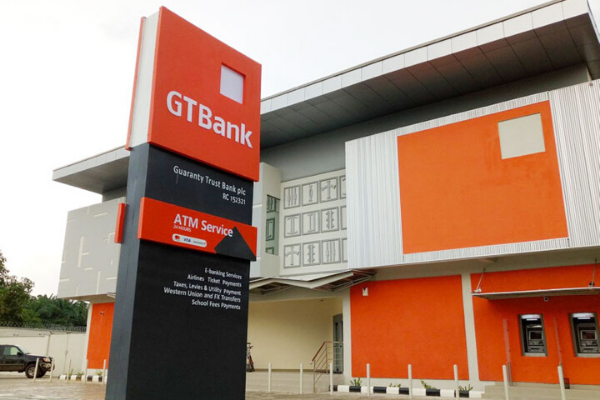Nigeria has been ranked 152 out of 157 countries in the first ever Human Capital Index released by the World Bank Group. This was revealed at the ongo
Nigeria has been ranked 152 out of 157 countries in the first ever Human Capital Index released by the World Bank Group. This was revealed at the ongoing annual meetings of the World Bank Group and International Monetary Fund (IMF) in Bali, Jim Yong Kim, World Bank president, said educational outcomes from Nigeria are too poor.
“Nigeria, unfortunately, ranks 152 out of 157 countries. We provide quite a bit of support for Nigeria in terms of the health budget. But we feel that the overall spending on health is far too low, 0.76% of GDP. And also the educational outcomes in Nigeria are very poor,” he said.
“Many African countries are in the red zone. I think that the World Bank has to take some responsibility for having emphasized hard infrastructure, roads, rails, energy, for a long time. And you know, that changed about 20 years ago. But there has still been the bias that says ‘You know, we’ll invest in hard infrastructure and then when we grow rich, we’ll have enough money to invest in health and education’. We’re now saying that that’s really the wrong approach, that you’ve got to start investing in your people right now.”
The World Bank boss urged African leaders to take responsibility for investing more in health and education.
“What’s happened is in many African countries if they don’t receive grant-based financing they simply don’t spend on health and education,” he said.
In her remarks, Christine Lagarde, IMF managing director, advised the government to tighten monetary policy and ensure that refineries work for the benefit of citizens.
“I remind you that domestic revenue mobilization is 5 percent of GDP in Nigeria, and that is just way too low, relative to where Nigeria should be in order to address the issues of health, education, proper social spending on the people. That would certainly be a very strong recommendation that I would give her. And structural reforms that would probably include really making sure that the refineries and the oil equipment that is available in Nigeria works well and works for the benefit of Nigeria.”
TheCable


